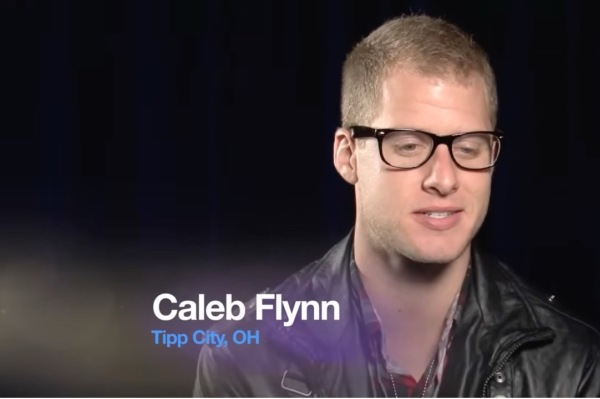Malaysia Christian Leader: We're Not Fighting for 'Allah'
Contrary to many reports, Christians in Malaysia are not fighting for the use of the word "Allah."
This is a misconception the leader of nearly all the 2.5 million Protestant, Catholic and Orthodox Christians in Malaysia has been trying to correct.
Christian Federation of Malaysia Chairman Ng Moon Hing stressed that the Malay word for God is as much a part of the languages of indigenous Christians as it is a part of the language Muslims use.
"Native Malaysians have been using 'Allah' for centuries and now you are saying they cannot any longer," he said to The Christian Post on the sidelines of a recent meeting of Anglican archbishops in Singapore.
"It's not a fight for it; it's just that it has been part and parcel of their religious and social life."
Native Malaysians who are neither Muslim nor Christian also use "Allah," the bishop pointed out. Thus, the "Allah" dispute is not a religious issue, he stressed.
It is essentially one community defining language for another community, and one religion telling another to change their Scripture, he suggested.
"It's not right to change another people's language," Ng said. "If the people themselves want to change it, let them change it themselves… no one should change another people's language.
"I think that is a universal right … so I don't think we are fighting for any rights," he said. "There is no intention to fight."
Nine native people groups, who make up 60 percent of Christians - over one million people - in Malaysia, have been using "Allah" for nearly half a millennium without controversy.
The government had issued the ban on the use of "Allah" by non-Muslims in the 1980s, but the law was never enforced. Just in the last few years the government began enforcing the law and confiscating Bibles that contained the word "Allah."
Malaysia's Catholic Church filed a lawsuit against the government late 2007 after the government threatened to revoke The Herald's printing permit if it did not cease use of the word "Allah" in the Malay language section of its newspaper.
The country's high court in December 2009 ruled that Christians in Malaysia have the constitutional right to use the word "Allah."
The following week, the Malaysian government appealed the high court decision. The case has been repeatedly postponed and is still pending.
Firebombs were thrown at numerous churches as tensions between the Muslim and Christian communities rose to a feverish pitch. Some perceive Malaysian Christians are trying to rile conflict with their insistence on the use of the word.
But Ng stressed, "We have been using it for the past 4-500 years."
Churches have numerous old Bibles, prayer books and documents to show for it, according to the Anglican Bishop of West Malaysia.
The CFM leader believes dialogue is still the way forward. Muslim and non-Muslim leaders alike are not interested in pursuing the path of violence, he said. There have been attempts by both the Catholics and the authorities to talk.
"But I don't see any amicable result at the moment," he said.
The government has formed an interfaith committee yet "even that interfaith committee has not been welcomed by some quarters," said the bishop.
"And that has put everything into disarray now and they have not met yet."
While acknowledging the government's effort to resolve the issue, Ng feels authorities need to be "more obvious."
More should be done on the "leadership level to engage people and initiate dialogue and take the lead for racial and religious harmony," he said.
"There is no sign of any resolution at the moment, but we hope that this will not last too long. We hope that some dialogue takes place."





















